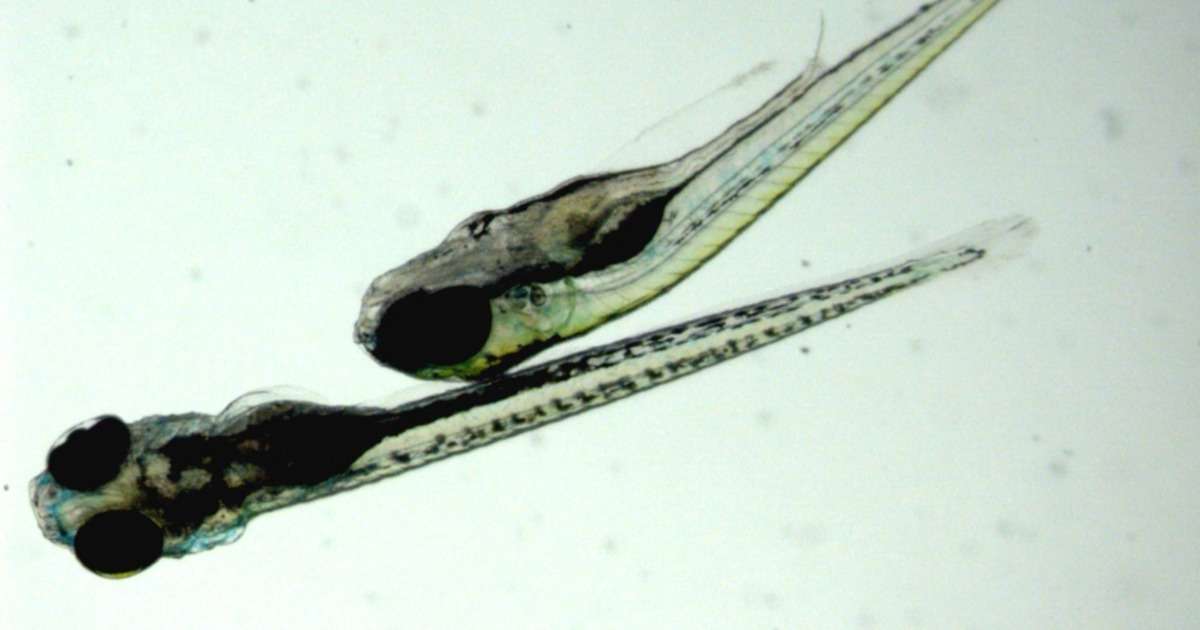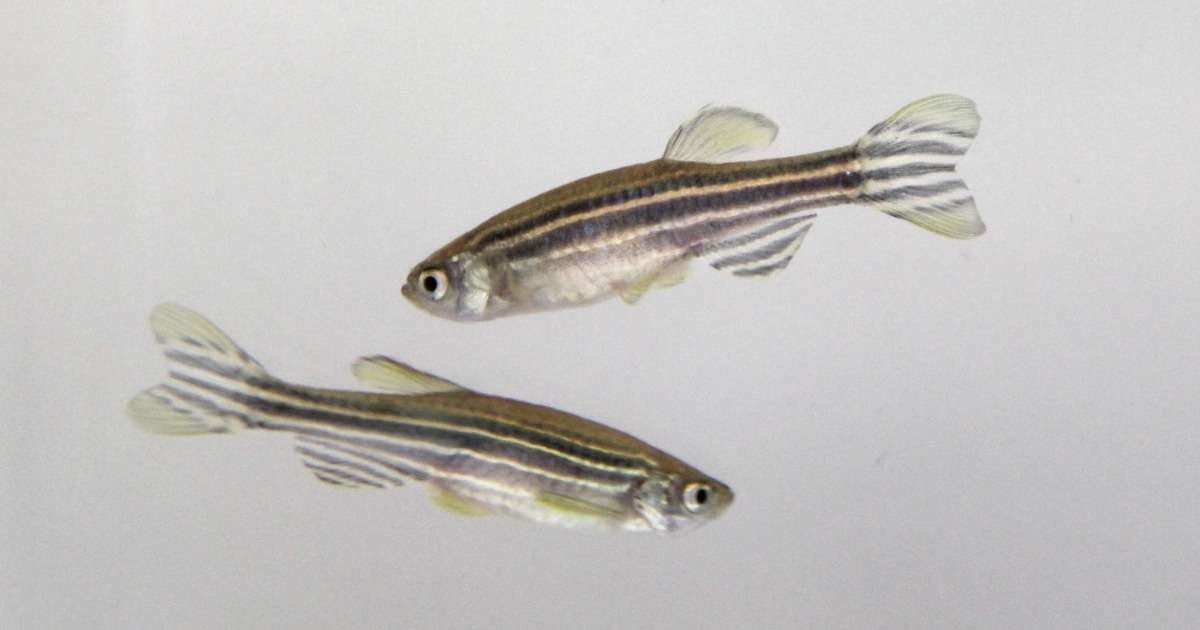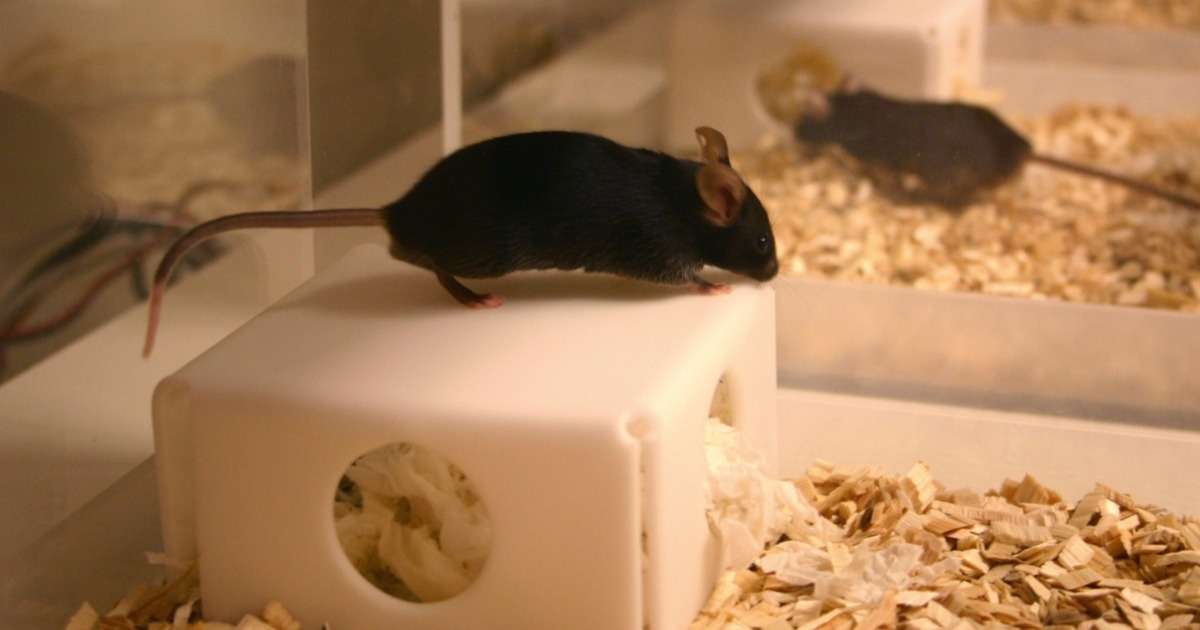Filter on
human behavior research categories

Vocalizations as an early life behavioral marker for ASD
One of the prominent features of autism spectrum disorder (ASD) is impaired communication. However, most diagnoses of ASD happen after the child is more than 3 years old.

Classroom observations - behavior of children with and without ADHD
The relationship between reaction time variability and observed attention in children with and without ADHD.

Autism research - mothers of high-risk children use more gestures
Children with autism spectrum disorder (ASD) often have delayed development in communication and language. This impaired development can be present even in the first year of their lives.

The effect attention training has on social anxiety disorder
It is inevitable that everyone will experience anxiety and stress at some point in their lives. Most individuals are able to move past their stress with just a little bit of effort.

Relational Agents: the use and testing of avatars for HCI
Relational Agents (RAs) are computer constructs designed to interact with humans in a way that promotes the long-term formation of social and emotional bonds.

What are you doing in that shop?
The online shopping revolution is having a huge impact on retail shops. What new tools should the shop manager use to know how to respond?

Playing virtual games with frames
For public displays nowadays, we are no longer limited to traditional square and flat designs. More wild and appealing forms like curves, spheres, or columns are now possible as well.

Observing communication skills in newly wed couples
Communication is the key to all relationships. Communicating effectively can determine the success or the failure of a relationship.

Predicting Advertising Effectiveness: Facial Coding of 120.000 Video Frames
The advertising and marketing companies have just received a new addition to their repertoire of the neuromarketing tools – automated coding of facial expressions of basic emotions.

How to analyze nurse-patient consultations
Efficient and effective communication is necessary in doctor-patient as well as nurse-patient consultations.
Filter on
animal behavior research categories

The effects of quantum dots on zebrafish larvae locomotor behavior
Ever heard of quantum dots? These dots are nanoparticles made of a semiconductor material, which have unique optical properties, making them of great interest for fields such as biological imaging, medical diagnostics.

Tracking a wide variety of animals
Video tracking is used to track a widevariety of animal species in even more different test arenas. From insects of 1 mm on leaf discs, to monkeys in a cage, or zebra fish in an aquarium.

To mate or not to mate? Females are less choosy when males are rare
Having a choice for a mating partner is extremely important for females, so they can be critical in choosing which male to mate with.

Zebrafish research: behavioral differences between wild-type strains
Often in animal research, animals with a certain genetic alteration are compared to a “wild-type”. One might assume that there is no differences between wild-types, but many different strains of wild-type animals are used.

Caterpillars speed up seed production in plants
Did you know that plants are not as passive as they appear to be at first sight? Although plants cannot run away when they are attacked by plant eating insects, they have several sophisticated ways to defend themselves.

How environmental enrichment reduces the effects of stroke
Some research requires animals to be studied in groups. For this it is very useful to have video tracking software that can automatically track the behavior of multiple animals simultaneously.

Using several behavioral tests to investigate the role of the NR1 gene in schizo
Studies of the mental disorder schizophrenia in lab animals often include behavioral tests to investigate social behavior, cognitive abilities, and motor functioning.

Mice with Alzheimer’s disease walk well but remember poorly
A large number of genetically engineered mouse models are available to study different aspects of Alzheimer’s disease.

Circadian rhythmicity and other behavioral studies
Many labs use video tracking software to increase the efficiency of their research. In fact, EthoVision XT video tracking software has just reached an impressive milestone: 2000 sites worldwide.

Combining physiology and behavior to create a stress scale for horses
We all are familiar with stress, and how it can have an impact not only on our behavior, but on our bodies and physiology as well. Many people get stress headaches or start to feel sick if they reach high levels of stress.
